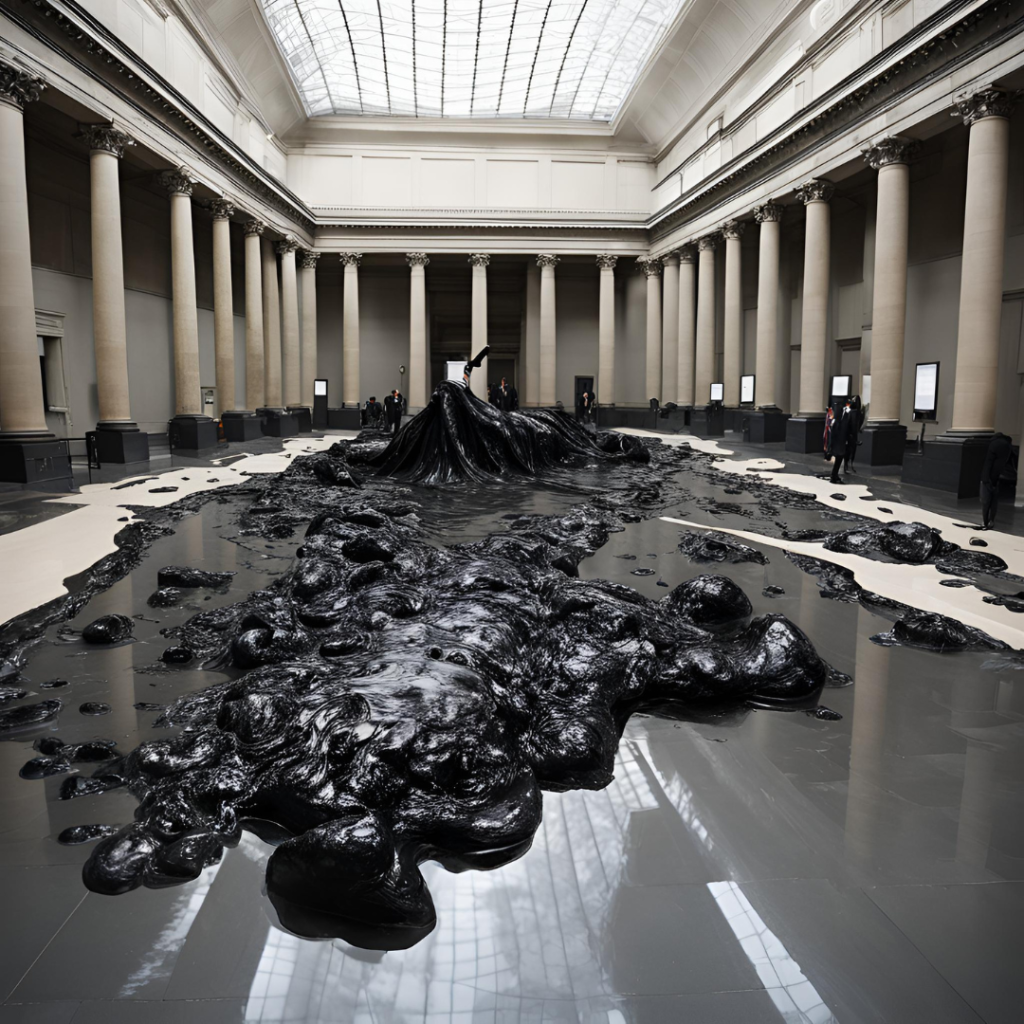
On December 19, 2023, the British Museum announced that British Petroleum, the energy empire, would aid in funding the Museum’s redevelopment plan estimated to cost £1bn. Their £50 million donation marks the largest ever single-donation to the UK’s cultural sector.
The British museum claims the “scale, complexity and importance” of the masterplan, “means it will be one of the most significant cultural redevelopment projects ever undertaken”. BP’s donation will fund the renovation of galleries on that house collections including artifacts from ancient Egypt, Greece and Rome.
Charlie Mayfield, the chair of the museum’s masterplan committee, said: “The British Museum is one of the largest and most visited cultural institutions in the world but some of its buildings are over 200 years old and in urgent need of refurbishment. That’s why the masterplan is so essential – and it’s exciting to be moving forward with our plans.” Another spokesperson of the museum stated “to be able to achieve this massive modernization we have to consider corporate and private donations. We need significant financial support to be able to move forward and make sure this museum is still here for generations to come. We are delighted to have this support from BP.”
The BP sponsorship was announced alongside plans the museum has for a new energy centre that will “see the phasing out of the use of fossil fuels within the museum’s estate.
This partnership announcement falls into the trivializing reputation for the museum, it being heavily damaged by the discovery that up to 1,500 artifacts had been stolen over a number of years. The scandal led to the resignation of the museum’s director, Hartwig Fischer.
Many restitution claims still surround the museum, chief among them those pertaining to the Parthenon Marbles, which erupted into a global diplomatic spat when Rishi Sunak called for the sculptures’ return prior to their scheduled meeting with Kyriakos Mitsotakis, his counterpart from Greece.

Despite valiant efforts on both organizations to rationalize the partnership, critics remain unswayed. Eco-campaigners condemn the partnership, and called the British Museum “astonishingly out of touch,” and “completely indefensible, accusing the energy empire of attempting to greenwash its reputation.
A number of art institutions, including the National Portrait Gallery, Tate, and the Royal Opera House, have stopped supporting BP in recent years. One of the last institutions to maintain a partnership with BP was the British Museum. Prior to the renewal it was believed that the sponsorship would ultimately expire in 2023, after 27 years. As it turns out, the only renewable effort was the greenwashing included in BP’s rebrand.

In an in-depth study conducted into the conservation efforts listed on BP’s website, I’ve found much information. Vague buzz words with no measurable or direct operations or materials being used. They list goals spanned out to 2050, 26 years from now, which will not be a quick enough turnaround to battle climate change. We need to halve our global emissions by 2030.
Their strategy for rebranding from, an international oil company to an integrated energy company focuses on bioenergy, hydrogen renewables, and power, and EV charging. Great objectives, though very hard to find. When I dug through their 68-page document outlining how they plan to get to net-zero, these claims sound are validated by data, but have no scale about the data’s impact. They use the word “aim” frequently yet do not outline how they plan to achieve more, just report on how much the’ve spent towards the rebrand.
Their 2022 transition growth investment was $4.9 billion, yet that is diminished upon discovery that their annual gross profit for that year was $76.9 billion.
There is no credible plan in place. There are misleading labels. Their site design lies on bolded words with corresponding earth-toned photos. It seems their grand tactic is to bury us in so much information that hides and balances out the world-destorying one-lined sentences. What they’ve made sure to include at the top of their pages is the live-updated stock price, to reinforce what is mentioned on nearly every energy page: “driving long-term shareholder value.”
It is evident that the British Museum signed this sponsorship agreement knowing exactly what BP continues to stand for (the downfall of the earth’s climate) and can’t read the room on the cultural sector’s rejection of fossil fuel funding. They have made themselves an outlier in the worst way, image in crisis from this partnership while BP gains acclaim.
Doug Parr, the UK policy director for Greenpeace, said: “The arts and culture world has been steadily cutting ties with big oil after realising the handy role they play in cleaning up their climate-wrecking image. Yet BP have wormed their way back into the British Museum with what must surely be one of the biggest, most brazen greenwashing sponsorship deals the sector has ever seen.”
Leave a comment